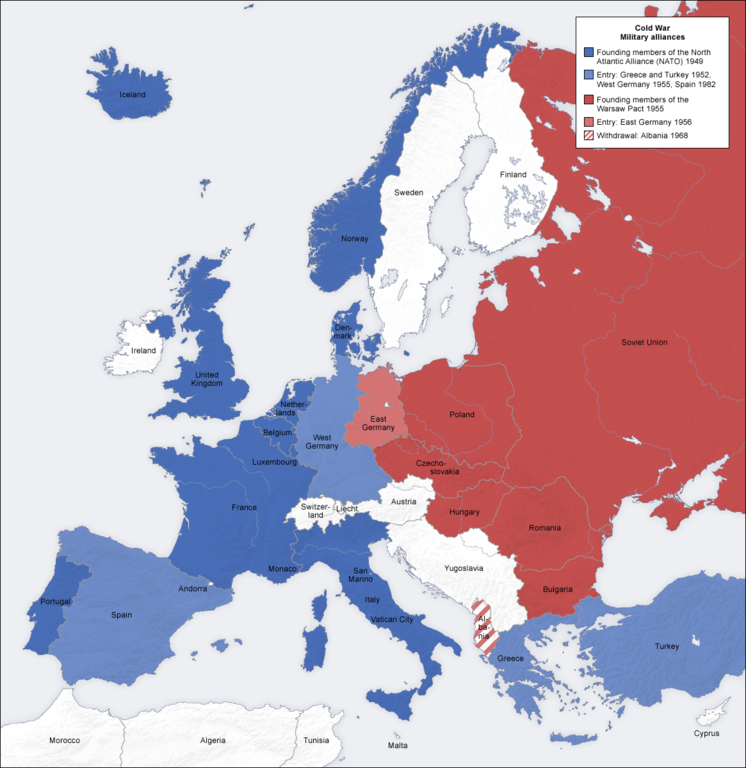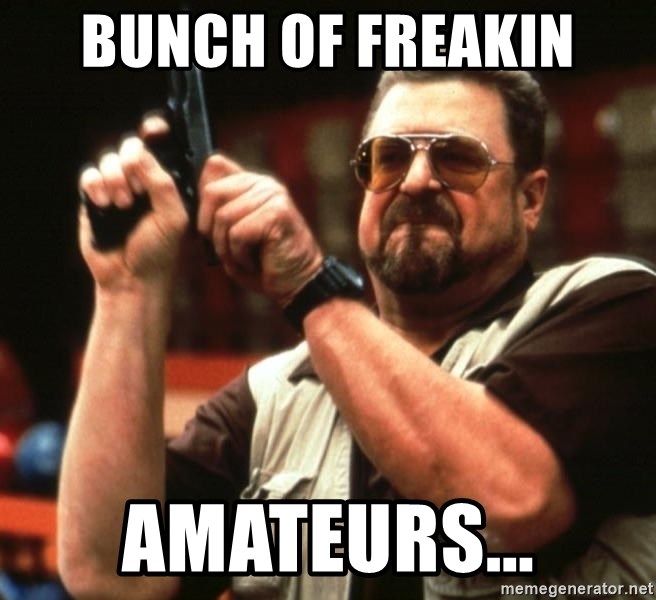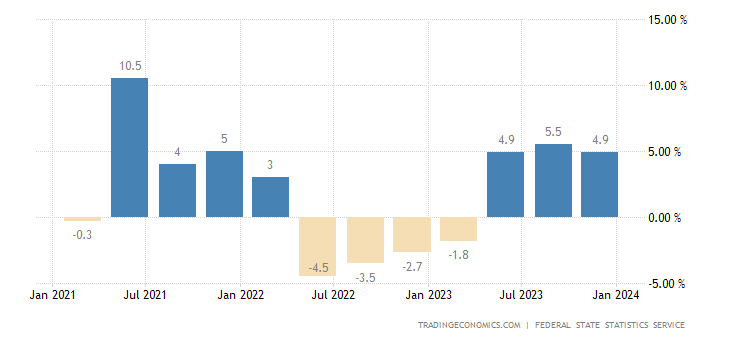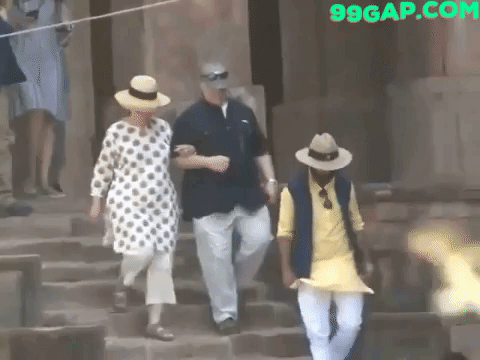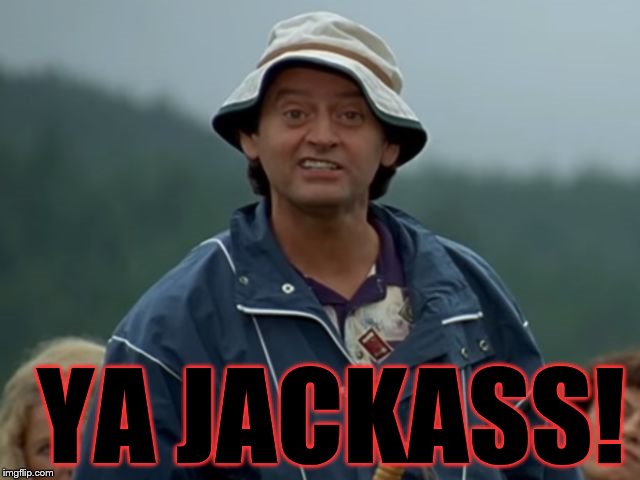Well done, Mr. President! That's a good start.
Trump Reaffirms Commitment to NATO After Strained Emergency Meeting
President says it is ‘unnecessary’ for the U.S. to withdraw after demanding that allies immediately meet military-spending goal
By Rebecca Ballhaus and
Laurence Norman
Updated July 12, 2018 8:43 a.m. ET
353 COMMENTS
BRUSSELS—President Donald Trump affirmed the U.S.’s “very strong” commitment to NATO after the summit descended into chaos Thursday as the secretary-general called an emergency session to address the president’s demands that allies immediately meet
the 2% military-spending target set for 2024.
In an impromptu news conference, Mr. Trump declared that it was “unnecessary” for the U.S. to withdraw from the North Atlantic Treaty Organization, after telling allied leaders that morning that if they didn’t immediately meet the 2% goal, “I’ll do my own thing,” diplomats said. It was unclear to people in the room whether that was a threat to leave the alliance or to change the U.S. role in it.
Mr. Trump said “tremendous progress” had been made during the summit and described the alliance as “much stronger than it was two days ago” and “more put together right now and more coordinated…than perhaps they’ve ever had.”
The president said he told allies in a “firm manner” that he was “extremely unhappy with what was happening.” In response, he said NATO members had “substantially upped their commitment.” Officials for NATO countries said they hadn’t changed their military-spending plans but said they told the president they were open to discussions to increase spending in the future.
German Chancellor Angela Merkel told reporters following the emergency session that it had been a “very intense summit” with “very serious discussions.”
“The U.S. president demanded what has been discussed for months, that the burden sharing changes,” she said. “I made clear we are on this path and that this is in our interest and that it reinforces us mutually.”
French President Emmanuel Macron said allies reconfirmed what they had already pledged in recent years, to increase their defense spending to 2% by 2024. But he didn’t mention any country committing to fresh spending following the Thursday discussion.
Mr. Trump’s description of NATO as a “fine-tuned machine” came shortly after NATO Secretary General Jens Stoltenberg ordered Georgia and Ukraine out of the room for a planned North Atlantic Council meeting and called an emergency session for world leaders to discuss burden sharing.
In a lengthy tirade, Mr. Trump launched into a personal attack on Belgium and Germany’s military spending, according to one of the people familiar with the discussion. “I’m not happy,” he said, according to the person. He told allies that he wanted them to immediately meet the spending goal, or at least commit to a date when they would do so.
“It was a little tough for a little while,” Mr. Trump said at his news conference later. “But you can ask anybody in that meeting, they’re really liking what happened over the last two days.”
Belgian Prime Minister Charles Michel said he “didn’t feel offended” by Mr. Trump’s “straight talk” and said his country wasn’t the only one singled out. Belgium remains committed to NATO’s 2% goal, but he stressed that many Europeans have “budgetary constraints” and such increases can only come gradually. “It’s not realistic to believe that we will reach 2% next year,” he said.
Mr. Trump’s comments Thursday dramatically escalated what was already a tense summit, where he spent the first day
pressuring allies to double the military spending target to 4% of GDP, accusing Germany of being “captive to Russia” over its support of a Russian gas project and criticizing European border policy as “BAD!”
In the news conference, Mr. Trump said he “ultimately” wanted the spending goal to reach 4% but said he would focus on bringing allies to 2% first.
Spending GoalsHow much more some NATO members would need to spend in order for their defense budgets to reach 2%of GDPSource: NATONotes: Based on constant 2010 prices and exchange rates
2018 Defense spendingAdditonal neededGermanyFranceItalyCanadaSpainTurkeyNetherlandsPolandBelgiumNorway$0 billion$20$40$60$80
The turmoil on display during the summit dismayed diplomats and some U.S. officials, who had been eager for a show of unity ahead of Mr. Trump’s meeting with Russian President Vladimir Putin
in Helsinki on Monday.
“Maybe we will get along with Russia,” Mr. Trump said at his news conference Thursday. “I think we probably will be able to.”
Much of the joint declaration NATO leaders issued Wednesday focuses on the alliance’s role as a defense against Russia, saying “aggressive actions” by the country had “reduced stability and security, increased unpredictability, and changed the security environment.”
Mr. Trump and other world leaders’ schedules were upended Thursday. The U.S. president was expected to meet individually with the leaders of Azerbaijan, Romania, Ukraine and Georgia, but arrived 30 minutes late to the summit and missed his first two scheduled meetings. It was unclear if those meetings would be rescheduled, or if the others would take place.
He is set to leave in the early afternoon for the U.K., where he will attend a gala dinner hosted by U.K. Prime Minister Theresa May in the evening and
hold meetings on Friday with Mrs. May and Queen Elizabeth II. Mass protests are expected in London during his visit, and the U.S. embassy there has advised Americans to “keep a low profile.”
MORE ON NATO
Mr. Trump spent much of the morning on Twitter reiterating his complaints about the alliance and urging member nations to raise the military spending target to 4%—up from 2%—of gross domestic product. The president raised the prospect of doubling the target in a meeting Wednesday with NATO leaders, who were perplexed about whether he i triwas serious, according to Bulgarian President Rumen Radev.
Later that day, the leaders—including Mr. Trump—issued a joint declaration agreeing to setting the 2% target for military spending by 2024.
“It takes time, you can’t move from 2% to 4% just like that. And I don’t even know if that would be good,” Mr. Macron said after Mr. Trump’s press conference, pointing out that any such budgetary move has to be justified with an increased security risk.
“Presidents have been trying unsuccessfully for years to get Germany and other rich NATO Nations to pay more toward their protection from Russia. They pay only a fraction of their cost,” Mr. Trump tweeted Thursday. “The U.S. pays tens of Billions of Dollars too much to subsidize Europe, and loses Big on Trade!” He also continued to bash Germany over its support of
a Baltic Sea pipeline project that has sparked discord within Europe and is splitting the alliance.
On Wednesday evening, at a working dinner for NATO leaders that was closed to reporters, Mr. Trump struck a more conciliatory tone, according to a European diplomat with direct knowledge of the conversations.
“It was much more consensual. He was not rocking the boat,” the diplomat said.
—Robert Wall, Valentina Pop, Emre Peker and Paul Vieira contributed to this article.
Write to Rebecca Ballhaus at
Rebecca.Ballhaus@wsj.com and Laurence Norman at
laurence.norman@wsj.com



